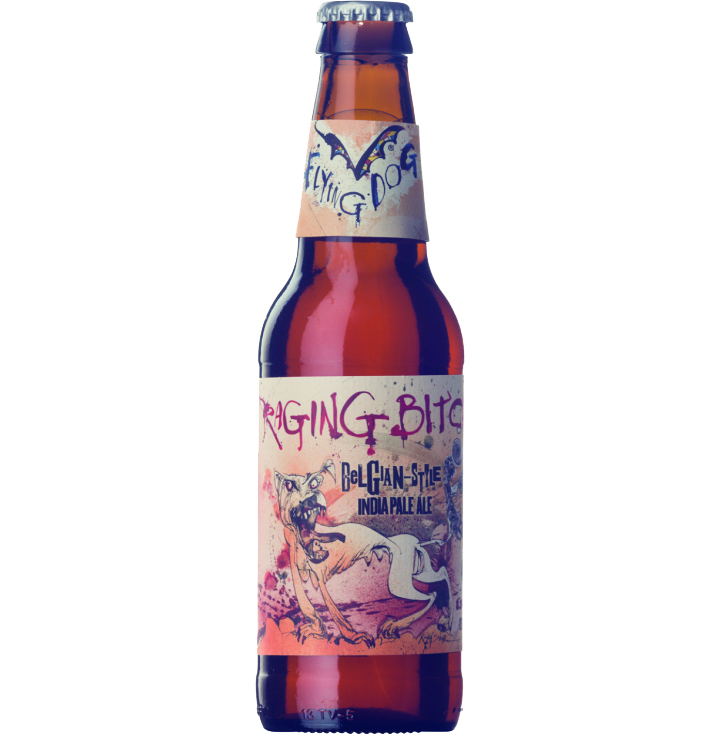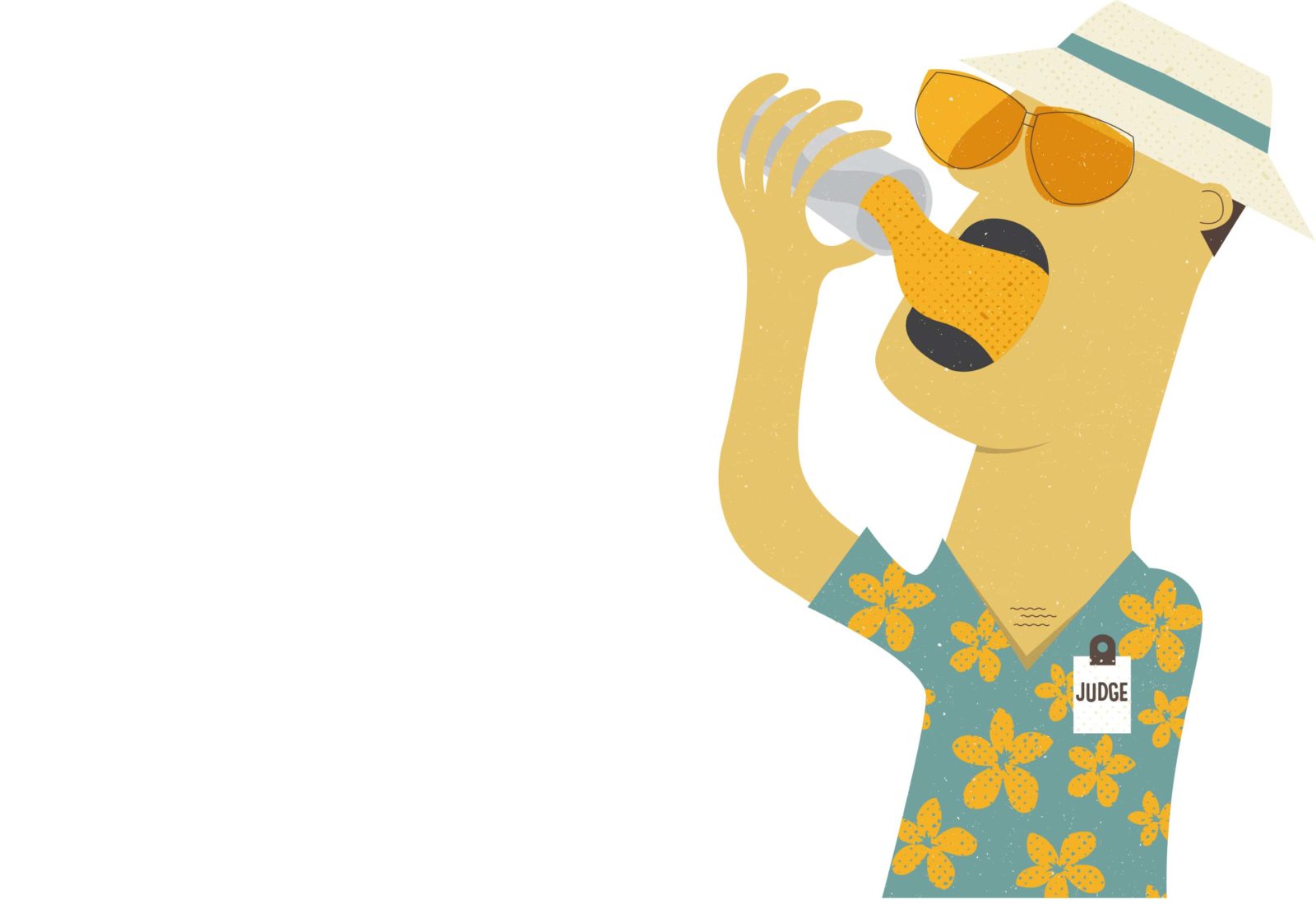
“Cans? Are you crazy?”
If you, like me, have used this as your rallying cry – if you have spent the past few years scoffing at canned beer’s highly inferior taste, decrying its proponents as hopeless plebs, and turning up your nose at anything that doesn’t come out of a bottle – well… I’ve got some bad news.
It’s all in your head.
“If we’re just looking at the chemical composition and taste threshold, it’s identical between the two,” explains Uwe Kreis, an organic chemist, professor and one of the founders of the Simon Fraser University Brewery Sciences program.
“The interior of the cans is coated [with an epoxy liner], so you don’t get any aluminum leakage at all. If people perceive an aluminum taste, it has to do with the direct contact with the outside of the aluminum can, where it isn’t coated.”
Kreis stresses that any perception of “can taste” is just a personal response – one some people are more sensitive to than others. There isn’t a shred of aluminum in the beer itself.
“I can’t believe we’re still having the bottles-versus-cans debate,” sighs Persephone brewer Matt Cavers. “It doesn’t matter what you package beer in as long as you package it well. If you’re putting good beer in a clean, sanitary container that’s been properly purged of oxygen, the beer will taste as good as it tasted in the tank. That goes for bottles or cans. There’s no ‘can taste’ unless you’re putting your beer in paint cans or something insane like that.”
Despite furious disagreement in craft beer circles, there is a dearth of peer-reviewed research on the topic. In the meantime, popular writers have done their best to fill the void; in 2012, the Huffington Post conducted a blind taste-test – albeit on more generic, non-craft beers – and found that, when poured into a glass, only 44 per cent of testers could correctly identify a canned Sierra Nevada beer versus a bottled one.
Los Angeles-based BeerofTomorrow.com tried a similar test (again with Sierra Nevada Torpedo), and again, only around 50 per cent of testers could tell which was which. In fact, in 75 per cent of cases, subjects preferred the canned variety, which brings to light an uncomfortable reality for all of us glassholes out there: when it comes to storage and shelf-life, cans are actually far superior.
“The two things which affect the taste of a beer are light and oxygen,” Kreis notes. “With cans, of course, there’s no light going through whatsoever. And if you have a good packaging line, the folds are actually much tighter than a crown cork, in terms of the seal, which means less oxygen in there.”
In fact, on a long enough timeline, a bottled beer will eventually taste worse than its canned counterpart, as its exposure to both light and oxygen lead to an increased accumulation of impurities (eventually leading to spoiled, or “skunky” beer).
And don’t forget that kegs too are made from aluminum (with the same epoxy liner), so when you sit down after work to sip on an ice-cold draft beer, your drink just came out of a very large can.
So why then do craft beer drinkers continue to champion the Almighty Bottle? In addition to Kreis’s theory about exterior mouth/can contact, it seems, as with everything, that perception plays a large part. A 2013 study conducted by California Polytechnic State University concluded that a whopping 95 per cent of millennials surveyed believed that a bottle “embodied the idea of craft beer” (94.5 per cent also believed that bottled beer tastes better).
Add to this the 1994 finding that, without a label, the majority of beer drinkers can’t even identify their favourite brand, and it starts to become clear that the difference is mostly – if not entirely – in our heads.
“Taste is a really complex experience,” Kreis notes. “It has to do with smell, the actual taste on your tongue, mouthfeel and all kinds of things. There are different fluid dynamics depending on whether you’re drinking out of a can, a bottle, or a glass. And that can all play a role.”
For his part, Kreis still prefers the bottle. And that’s a choice Vancouverites seem to agree with – at least, so far. The same 2013 Cal Polytechnic study concluded that millennial craft beer drinkers actually have more of a “can do” attitude than any other group, showing a higher willingness to accept more canned beer in the marketplace.
So take note, bottle purists: in the years to come, Vancouver may have a harder and harder time keeping it glassy.
“Stored cold, a well-filled can will last as long as a well-filled bottle,” Cavers says. “And it’ll be lighter to ship, won’t cut some little kid’s feet up when you drop it on the rocks at the beach. Plus, if you have a knife, you can impress your friends with an impromptu shotgun demonstration!”




